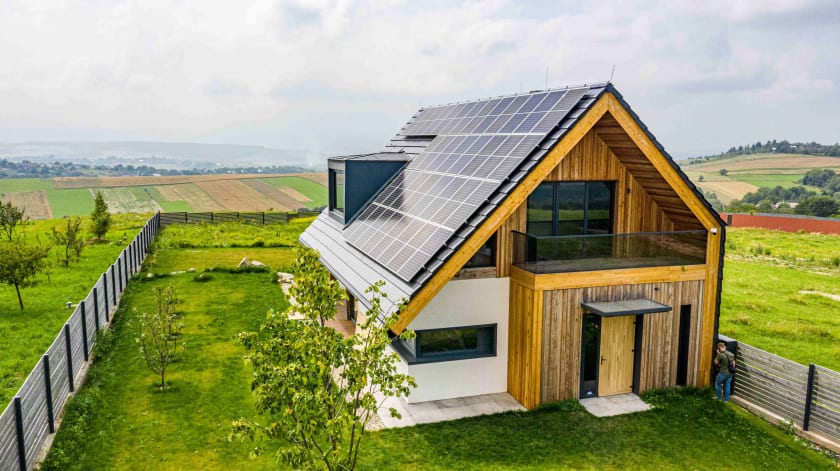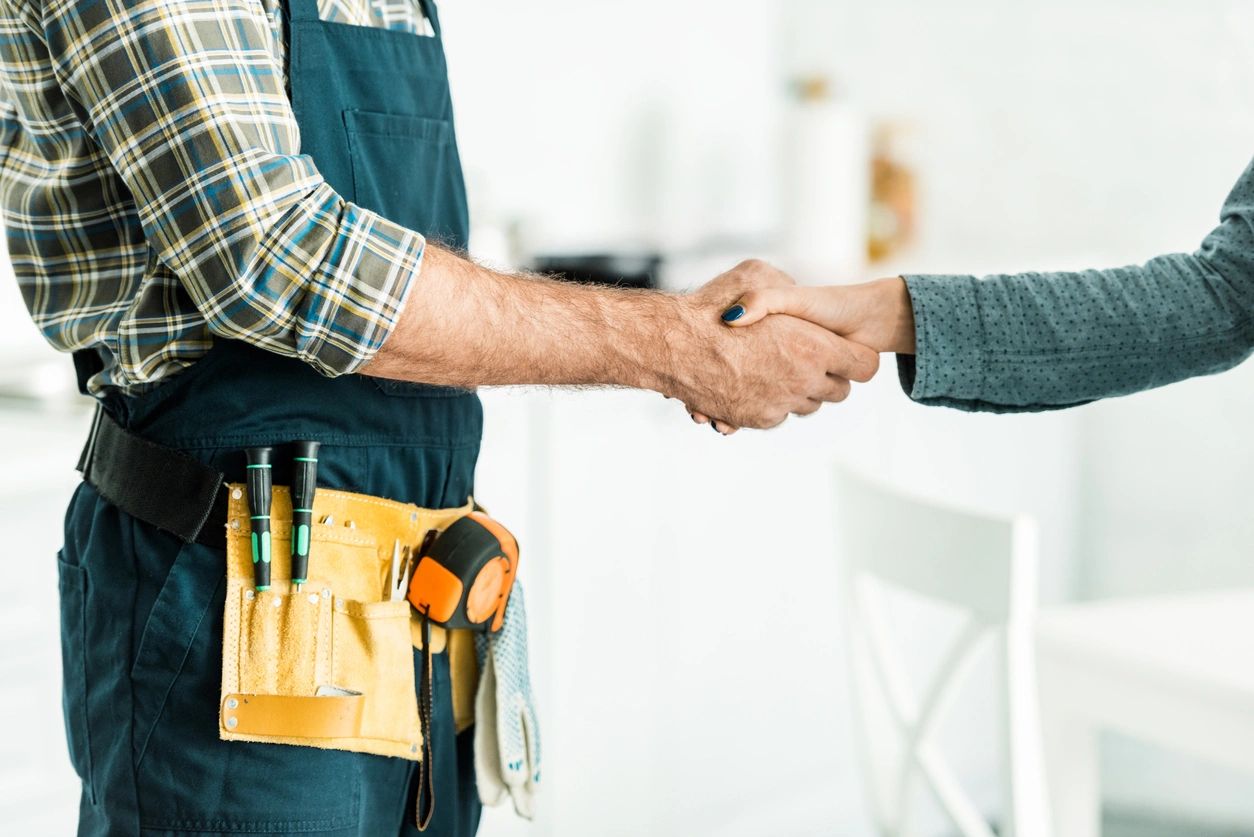The publisher is making a few good points on the subject of Environmentally Sustainable Home Plumbing overall in the article followed below.

Intro
In today's globe, lasting living is ending up being progressively crucial. One location where property owners can make a considerable impact is through environment-friendly pipes services. By taking on environmentally conscious techniques, houses can minimize their water and energy usage while adding to a healthier earth.
Water-Efficient Fixtures
Conventional fixtures typically drainage needlessly. Nonetheless, modern-day low-flow toilets, faucets, and showerheads are designed to lessen water usage without sacrificing performance. These fixtures can substantially reduce family water intake, leading to reduced water expenses and a minimized ecological footprint.
Greywater Systems
Greywater refers to delicately utilized water from sources such as showers, sinks, and cleaning devices. As opposed to allowing this water go to waste, greywater systems reuse it for non-potable uses such as landscape watering and toilet flushing. By applying a greywater system, homeowners can preserve fresh water resources and decrease stress on metropolitan wastewater therapy centers.
Rainwater Harvesting
Rainwater harvesting includes collecting and storing rainwater for different functions, including irrigation, bathroom flushing, and laundry. Rain harvesting systems usually include a collection surface area (such as a roof), gutters, downspouts, and storage tanks. By gathering rain, house owners can lower their reliance on local water resources and preserve fresh water resources.
Solar Water Heaters
Traditional hot water heater rely upon nonrenewable fuel sources or electrical power to warm water, adding to carbon discharges and energy intake. In contrast, solar water heaters make use of sunshine to warm water, using a renewable and eco-friendly alternative. By utilizing solar energy, property owners can reduce their energy expenses and decrease their carbon footprint.
Eco-friendly Pipeline Products
Typical plumbing materials such as copper and PVC can have unfavorable environmental impacts during production and disposal. Nonetheless, there are sustainable alternatives offered, such as recycled steel, cross-linked polyethylene (PEX), and high-density polyethylene (HDPE). These environment-friendly pipe materials supply resilience, long life, and reduced environmental impact.
Energy-Efficient Devices
Along with water-efficient fixtures, energy-efficient appliances can additionally reduce a family's environmental impact. High-efficiency washing devices and dish washers use less water and power per cycle, assisting to save sources and lower utility expenses. When looking for devices, search for power STAR ® certified designs for optimal effectiveness.
Smart Water Monitoring Solution
Advances in technology have made it simpler than ever before to keep track of and optimize water use in the home. Smart water monitoring systems use sensors and information analytics to track water use in real-time, determine leaks, and supply insights for preservation. By executing clever water administration remedies, property owners can minimize waste and maximize performance.
Cost Considerations
While environment-friendly pipes choices might have higher ahead of time expenses than typical choices, they frequently supply lasting financial savings through reduced water and power expenses. In addition, numerous governments use motivations such as rebates and tax obligation credit ratings for green upgrades, aiding to counter first expenses.
Setup and Upkeep
Proper installment and regular maintenance are necessary for ensuring the effectiveness and long life of green pipes systems. It is essential to work with competent experts to mount and service these systems to prevent issues and make best use of effectiveness. Routine maintenance tasks such as checking for leakages and cleaning filters can also help avoid issues and enhance performance.
Environmental Advantages
The environmental benefits of eco-friendly pipes are significant. By preserving water and energy, homeowners can minimize their carbon impact and lessen their influence on natural resources. In addition, environmentally friendly pipes practices can aid shield ecological communities and preserve biodiversity for future generations.
Wellness Advantages
Along with ecological advantages, environmentally friendly plumbing can likewise contribute to enhanced interior air high quality and wellness. By using non-toxic products and reducing chemical direct exposure, house owners can develop a much healthier living environment for themselves and their families.
Government Incentives
Several federal governments use economic rewards to motivate homeowners to embrace eco-friendly plumbing practices. These motivations might consist of discounts, tax obligation credit ratings, and low-interest finances for energy-efficient upgrades. By making use of these programs, property owners can make green renovations much more cost effective and accessible.
Verdict
Finally, environmentally friendly pipes alternatives offer countless benefits for homeowners and the atmosphere alike. By purchasing water-efficient fixtures, greywater systems, rain harvesting, solar hot water heater, environment-friendly pipe products, energy-efficient home appliances, smart water management systems, and other sustainable options, houses can lower their ecological footprint, lower their energy costs, and add to a healthier world for future generations.
10 Greener Plumbing Solutions for a Sustainable Home
Install Water-Saving Fixtures
One of the most effective ways to conserve water is by installing water-saving fixtures. Low-flow toilets, aerated faucets, and adjustable showerheads are excellent choices. These fixtures reduce water consumption without compromising performance, allowing you to save both water and money.
Embrace Tankless Water Heaters
Say goodbye to energy-hungry traditional water heaters! Tankless water heaters are a greener alternative. Unlike their counterparts, these systems heat water on-demand, eliminating the need for a constantly heated reservoir. By only heating water when needed, tankless water heaters save energy and lower utility costs.
Opt for Greywater Recycling
Make the most of your water usage by recycling greywater. Greywater recycling systems collect and treat water from showers and laundry, making it suitable for non-potable uses like toilet flushing or watering plants. This reduces the strain on freshwater resources and minimizes water waste.
Consider Energy-Efficient Water Heaters
Upgrade to energy-efficient water heaters like heat pump water heaters or solar water heaters. Heat pumps utilize ambient air to heat water, while solar heaters use the sun's energy. Both options significantly reduce energy consumption and contribute to a greener home.
Invest in Leak Detection and Prevention
Undetected leaks can lead to significant water waste. Install smart water leak detection devices that monitor your water usage and promptly notify you of any leaks. By taking immediate action, you can prevent water waste and avoid potential damage to your home.
Insulate Your Pipes
Insulating your pipes is a simple yet effective way to improve energy efficiency. Properly insulated pipes minimize heat loss and reduce the risk of frozen pipes in colder climates. By conserving heat and preventing energy waste, you can save on energy bills while enjoying a greener plumbing system.
Harness the Power of Rainwater
Rainwater harvesting is a sustainable practice that can supplement your water needs. Collect rainwater in barrels or tanks and use it for tasks like watering your garden or flushing toilets. This reduces reliance on municipal water supplies and conserves precious freshwater resources.
Choose Eco-Friendly Plumbing Materials
When upgrading your plumbing system, opt for eco-friendly materials. Water-efficient fixtures made from recycled materials and piping materials like PEX (cross-linked polyethylene) promote sustainability. These choices not only conserve resources but also contribute to a greener planet.
Upgrade to Dual-Flush Toilets
Dual-flush toilets offer two flush options: a lower-volume flush for liquid waste and a higher-volume flush for solid waste. By using the appropriate flush setting, you can significantly reduce water consumption. Dual-flush toilets are an easy and efficient way to conserve water in your home.
https://www.croninplumbingandheating.com/post/10-greener-plumbing-solutions-for-a-sustainable-home

I hope you enjoyed reading our section about . Thanks a ton for taking a few minutes to browse our blog. If you enjoyed reading our post please remember to share it. Thanks so much for taking the time to read it.
Book